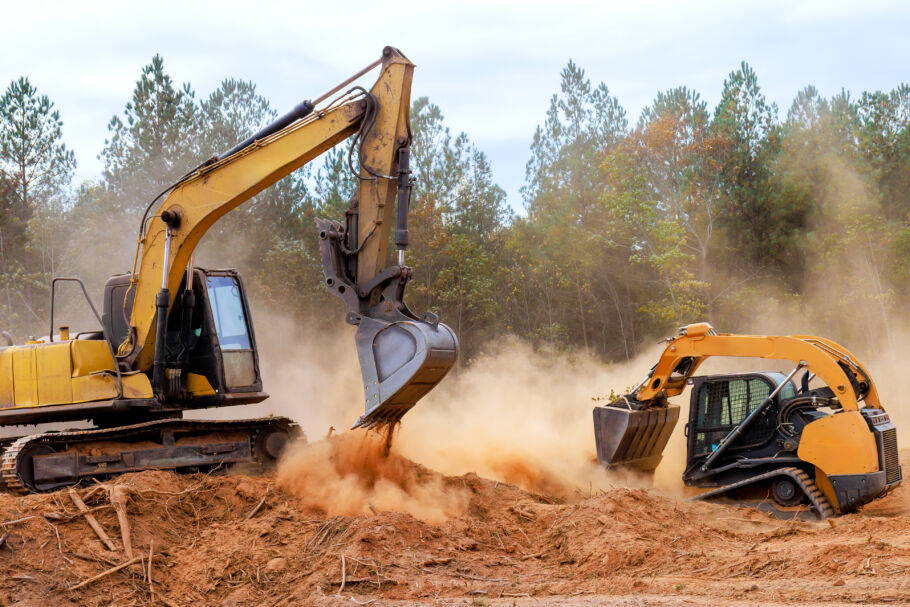
Contributors: Kevin Clancy, Emma Summers
Date published: 10 April 2024
Don’t let alcohol licensing requirements catch you off guard while expanding your rural business
In the post-pandemic era and in challenging economic times, rural landowners and rural businesses may be considering diversifying their business in order to expand and grow.
We have seen rural properties starting to open up ancillary business operations such as farm shops, cafes, and restaurants, which may require the premises to obtain a Premises Licence under The Licensing (Scotland) Act 2005, in order to sell alcohol both on and off the premises.
Does my premises need to be licensed?
Any business which intends to sell or supply alcohol on a permanent basis (either on-sales or off-sales, or both) will need to apply for a Premises Licence under the Licensing (Scotland) Act 2005. If the premises are still under conversion or construction, it is possible to apply for a Provisional Premises Licence.
What do I need to apply for a Premises Licence?
In order to apply for a Premises Licence you will need to complete an application to the relevant Licensing Board in which the premises is located. The licence may be held in the name of an individual or by a company or partnership. If held by a company or partnership, details of all connected persons to that entity are required as part of the application, namely their:
full name;
home address;
date and place of birth; and
existence of any convictions.
As part of the licensing process, the Licensing Board are required to carry out checks on all connected persons.
The applicant will need to consider the activities which will be carried out on the premises as these will form part of the Operating Plan. The Operating Plan details licensed hours; all activities; whether children and young persons will have access to the premises; alcohol capacities; and the details of the Designated Premises Manager (DPM).
A DPM is the person responsible for the day-to-day running of the premises and is responsible for authorising the sale of alcohol, although they don’t have to be present for each sale. The DPM must be over 18 years of age, hold a relevant licensing qualification, hold a Scottish Personal Licence, and can only be a DPM at one premises at a time.
A Layout Plan of the premises is required to form part of the application for a Premises Licence. Layout Plans are intended to provide the Licensing Board and statutory consultees with an indication of the proposed layout of any premises. Layout Plans under the Licensing (Scotland) Act 2005 are very specific in terms of what they need to show, and further advice can be given in that respect from your licensing contact.
Lastly, you will require Section 50 Certificates from Planning, Building Standards, and Food Hygiene. If you are applying for a Provisional Premises Licence, only the Planning Section 50 Certificate is required at this early stage. If apply for a full Premises Licence all three Section 50 Certificates are required. The Operating Plan and Layout Plans are required to accompany these applications.
I am ready to lodge my application, what do I do now?
The Premises Licence application will be lodged with the Licensing Board in which the premises are located. Licensing Boards are required to circulate all Premises Licence applications to statutory consultees, namely:
relevant community council;
police;
relevant council departments, including Planning, Building Standards, Environmental Health, and the Licensing Standards Officer;
the relevant health board; and
the fire service.
Each consultee has a 21-day consultation period to report to the Board with any comments or objections they may have to the application.
In addition, the applicant is required to display a Site Notice at the premises for a 21-day period. After which confirmation of the display of this Site Notice is required to be lodged with the Licensing Board.
All new Premises Licence applications are required to be called before a Licensing Board Hearing. Currently, an application is taking between four and six months to be called before a Board Hearing. At the Board Hearing, the Board will consider the application, any objections/ representations received, and allow the applicant’s agent to present the application to the Board.
I already have a Premises Licence, can I change this?
It may be that you already have a Premises Licence and would like to make changes to this.
There are two different types of variations, minor and major.
A minor variation to a Premises Licence would generally be a change in DPM, reduction in alcohol capacity, minor change in layout (which doesn’t result in an increase of capacity), and a reduction in children and young persons’ access. A minor variation can be dealt with under delegated powers of the Licensing Board and are considered granted upon lodging.
A major variation would normally be applied for in respect of additional licensed hours, an increase in alcohol capacity, the addition of any new activities, a material change to the layout, or an increase in children and young persons’ access. A major variation does require to be considered before a Licensing Board Hearing and typically takes between four to six months to be called to a Hearing.
I am buying a premises which already has a Premises Licence, can this be transferred?
Yes, Premises Licences can be transferred from seller to purchaser. This requires a transfer application and can normally be dealt with under delegated powers of the Licensing Board and usually takes around six weeks. All connected persons of the transferee are checked by police and the presence of any convictions would require a Board Hearing to consider the application which would obviously take longer to transfer.
Our licensing team can deal with all of the above licensing applications and more, and have a wealth of experience with all of the 32 licensing boards across Scotland.
For further information on this topic, please get in touch with Kevin Clancy, Partner and licensing specialist in our commercial disputes team; Emma Summers, licensing paralegal; or your usual Shepherd and Wedderburn contact.
Contributors:
Kevin Clancy
Partner
Emma Summers
Paralegal/Coordinator
To find out more contact us here
Expertise: Dispute Resolution, Licensing in Scotland, Risk and Regulation, Rural Disputes
Sectors: Construction and Infrastructure, Food and Drink, Real Estate and Infrastructure, Retail and Consumer, Rural Property and Business
















